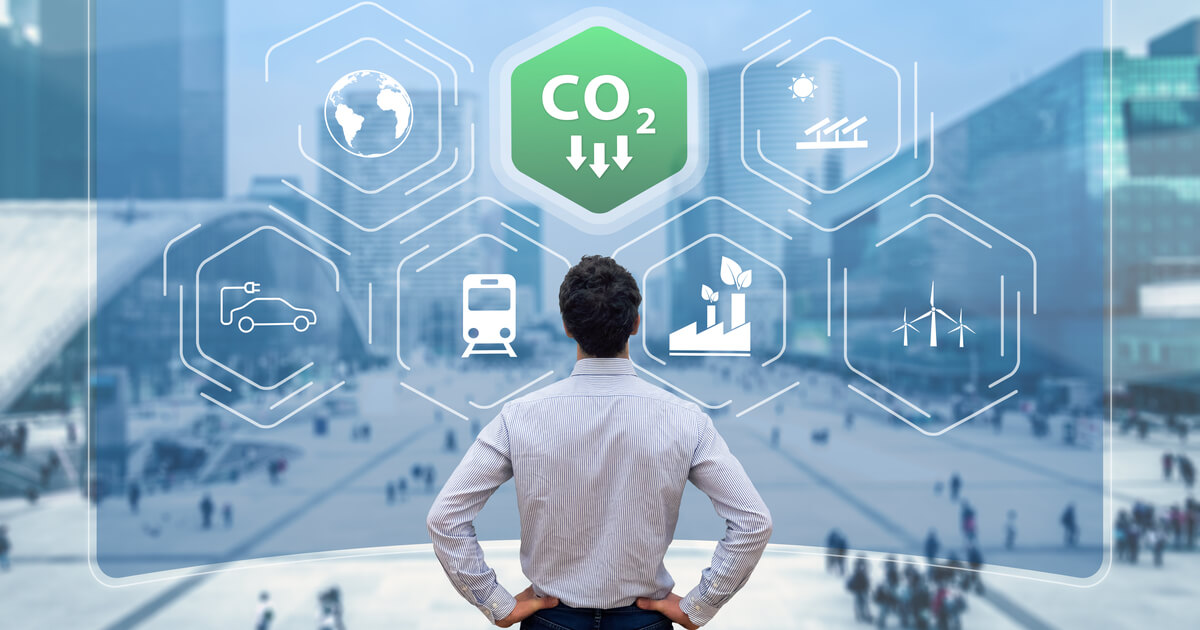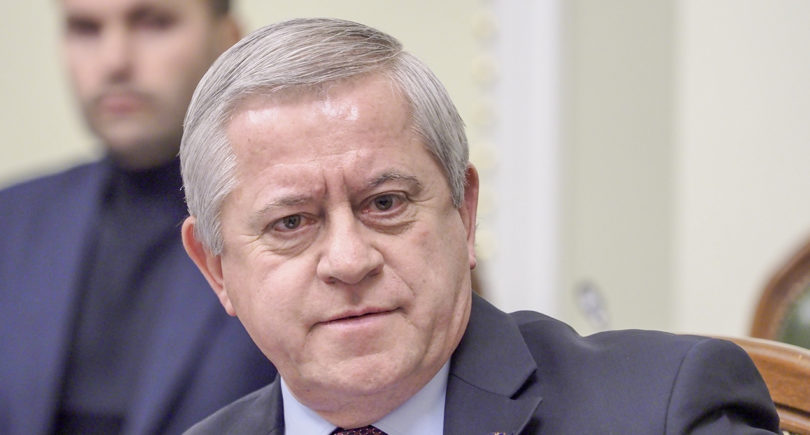
Following the example of the European Union, Ukraine needs to provide companies with financial support for environmental modernization
The European Union is going to launch an unprecedented program of financial support of its industry and resort to a new wave of protectionism under environmental slogans. Ukraine has not yet introduced any financial incentives for its companies that have embarked on the path of modernization,
according to Dmytro Kysylevskyi, MP, Deputy Chairman of the Verkhovna Rada Committee on Economic Development at a round table on “The impact of CBAM on the steel industry of Ukraine”. GMK Center publishes the abstracts of his speech:
— It is obvious that the steel sector will be at the forefront of decarbonization and reduction in CO2 emissions both in the European Union and in Ukraine. Let me offer some figures: OHFs, which are still used in Ukraine, generate 2,500 kg of CO2 emissions per ton of steel; whereas the BOF route produces 1,000–2,000 kg and around 2,000 kg of CO2 emissions per ton of steel in the European Union and in Ukraine respectively. The EAF route allows keeping the emissions level at 80–350 kg per ton of steel.
Given the EU’s ambition to achieve carbon neutrality, there is a possibility that all European steelmakers, except EAF producers, will be shut down. Their owners will have to build new plants in the next 20–30 years.
The EU authorities definitely understand that people will lose jobs as a result of these experiments. By the way, the Ukrainian government should have this understanding too. Therefore, the European Union is going to launch an unprecedented program of financial support of its industry and resort to a new wave of protectionism under environmental slogans.
As far as I know from the media, the EU has already adopted a plan that provides for the allocation of, according to various sources, some €100 billion in investments in the coming years, of which over 60% are public funds. These funds will be used to support environmental modernization of EU producers. The United States, allegedly, are going to spend even more for the same purpose. Their support for environmental modernization projects is estimated at around $2 trillion.
So, what can the Ukrainian government, which declares its commitments to the European Green Deal, offer to domestic companies? In my opinion, this should be a cornerstone of the discussion, because this is about money. As a member of parliament, I have authored two legislative initiatives in respect of the European Green Deal. They incorporate the provisions on ‘green’ steel industry and a scrap export duty.
Firstly, the ‘green’ steel industry is an incentive for companies that have reduced their CO2 emissions to meet the EU targets. The idea is to offer them a small discount on electricity. For the time being, this is the only legally enshrined incentive linked, in fact, to the European Green Deal. Yet the government sabotages the introduction of this mechanism. And it de facto works only on paper. In reality, there are no incentives at all, nothing that could ease the process of environmental modernization for Ukrainian steel producers.
Secondly, it is an extension of scrap export duty. At a recent meeting of the parliamentary environmental committee, I have drawn attention to the fact that scrap is an important raw material for cutting СО2 emissions. Together with other parliamentary colleagues, I have proposed to extend the duty for another five years. In the context of our today’s conversation, this means that Ukraine will provide a raw material base for the environmental modernization of its steel sector.
Yet the government is the key actor in negotiations with the EU. And I would like to make some observations.
Firstly, there is no need to assume extra commitments. Unfortunately, there’s a bad old tradition in the Ukrainian politics: in their efforts to please foreigners, Ukrainian officials often disregard the realistic capabilities of our economy.
Secondly, we need to find arguments for exempting Ukraine from the trade restrictions that the European Union is going to impose. I am very grateful to GMK Center for their forecast and analysis of measures to be applied by the EU. It is important to study these data. Yet, as far as I know, the specifics of trade barriers and restrictions to be imposed by the European Union for climatic reasons have not been made public yet. Therefore, it is very important for us to prepare the ground for further negotiations.
Thirdly, real financial incentives are needed for environmental modernization. Even the EU, whose environmental legislation is tougher than the Ukrainian one and is really effective, has an average level of emissions of steelmaking companies a little below 1,000 kg per ton of steel, according to my data. This is considerably lower than in Ukraine, but environmental modernization still needs government support. It is important that this government support is being declared. In Ukraine, however, it is out of focus.
And fourthly, it is a public communication issue. The government should incentivize the companies that have implemented environmental modernization if that is a real, not declarative, government priority.






